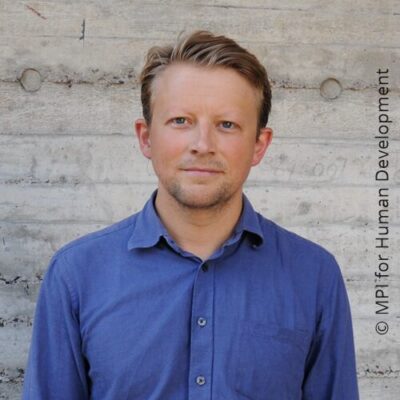Data Analytics in Computational Social Sciences
At the 11th International Summer School on AI and Big Data, Dr. Philipp Lorenz-Spreen (SynoSys at TUD Dresden University of Technology, Germany) will give a keynote speech on Data Analytics in Computational Social Sciences.
Keynote: Data Analytics in Computational Social Sciences
Information and communication technology has undergone dramatic developments over the last two decades. Increasing interconnectedness has led to more self-organized public debates, platforms and their algorithms have gained new power over discourse, and generative AI has made content fabrication easier than ever. But it has also given research new tools to quantify precisely these systemic changes. Detailed data from social media allows us to measure and model network structures and dynamics. But this data also contains rich content information, including text, images and videos. Computational methods and recently large language models have expanded the possibilities to analyze this data quantitatively.
In this session, Dr. Philipp Lorenz-Spreen will provide an overview of data types, methods for analysis of content, as well as time series and network structure for answering social science questions with computational methods. Those include research questions like:
- How are narratives and disinformation spreading on social networks?
- What roles do political actors vs. the platforms’ algorithms play in this?
- Is social media discourse linked to real-world polarization?
A better understanding of these systems is critical for civil society in democracies worldwide, and he will conclude with a methodological outlook on how we are currently trying to explore these missing puzzle pieces.
Dr. Philipp Lorenz-Spreen
Dr. Philipp Lorenz-Spreen is a junior research group leader in the field of “Computational Social Science” at the Center Synergy of Systems and the Center for Scalable Data Analytics and Artificial Intelligence at the TU Dresden. He has also been conducting research at the Max Planck Institute for Human Development since completing his doctorate in theoretical physics at the TU Berlin on the dynamics of collective attention. His research focuses on the complexity of self-organized online discourse and its impact on democracies worldwide. But also, to question the status quo and explore how this technology offers untapped opportunities for an improved information ecosystem and participatory democracy lived online. He received his PhD in theoretical physics from the TU Berlin on the dynamics of collective attention. At the LMU in Munich he studied physics with a focus on systems biophysics.



